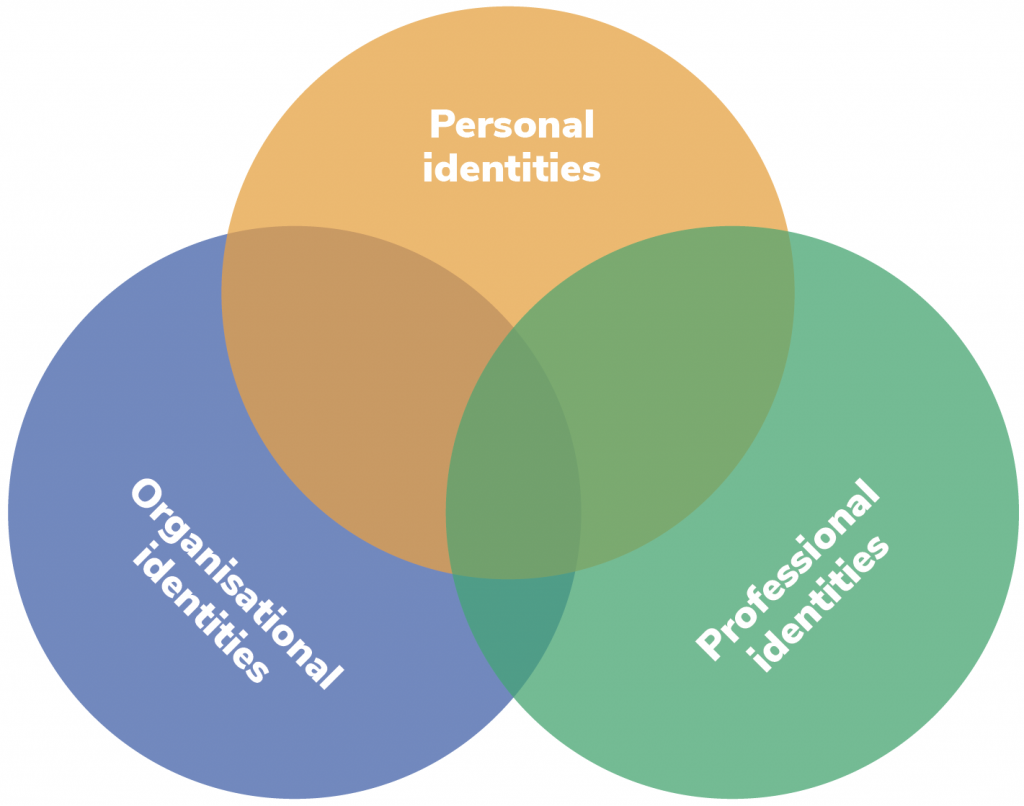In adulthood, a person’s identities are also further enriched by what is called “professional identity”, that is, the set of beliefs and views a person holds about who they are or who they would like to be “professionally” in their work setting. Professional identity therefore encompasses one’s knowledge about oneself at work and one’s professional aspirations. This knowledge and professional identity changes over time, as different, and sometimes volatile, work experiences occur (Akkerman & Meijer, 2011; Lysova et al., 2015).
Intercultural education represents a “natural” setting where one’s personal and professional identities and views can be easily challenged by the circumstances, situations and events one is likely to experience (Akkerman & Meijer, 2011; Hendry, 1975). The temptation to trust one’s own “personal” psychology and knowledge is likely to come to the forefront when dealing with these challenges.
This unit addresses these challenges and tries to provide some insights and guidelines to resist this temptation and instead to rely on what psychological and educational sciences can offer. Scientific knowledge clearly shows that one’s professional identity is the outcome of a life-long process, that it can change over time and that it may influence one’s work values and relationship to others, such as equality, fairness and human potential.
The topic of professional identity is particularly important in the context of intercultural education, a setting, which for many reasons, may challenge one’s beliefs and views about what intercultural education entails. It may also challenge one’s confidence to work with people of different backgrounds. Intercultural education often entails novel and complex organisational settings that may require a physical education teacher or coach to quickly develop a new sense of belonging and revise his or her professional identity to integrate new values. It may also result in new educational demands and new interpersonal or social experiences (Karousiou et al., 2019; Pajares, 1992). There is, therefore, a need to acquire new skills and more complex views about oneself, which will enable oneself to respond well to the new organisational and professional demands. It is essential for the personal capacity to integrate and adapt, which is demonstrated in the image below.
